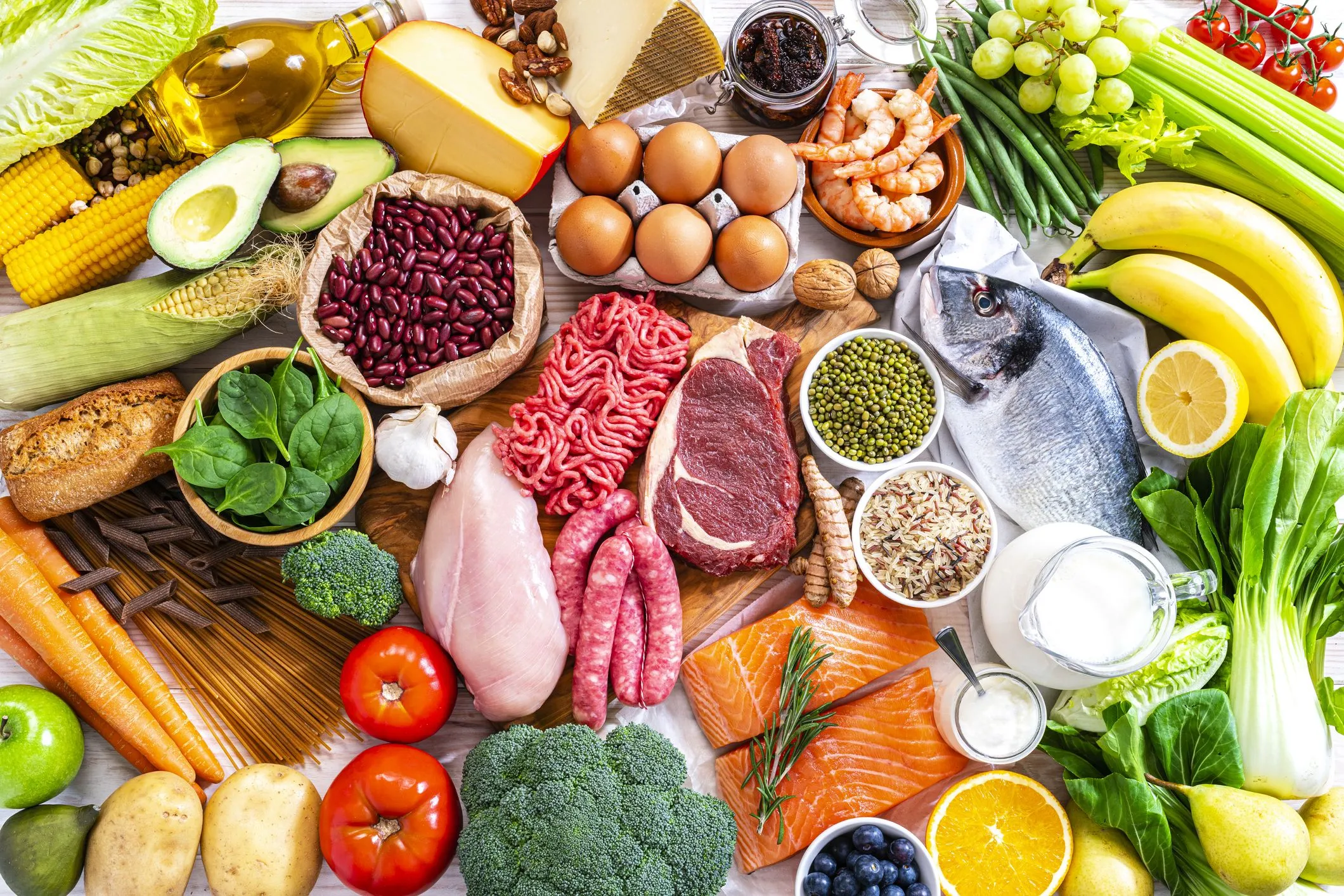The Importance of Meal Planning for Weight Loss 🥦
When it comes to losing weight, meal planning can be a game-changer. By taking control of your meals, you eliminate guesswork, reduce reliance on unhealthy convenience foods, and ensure that your diet aligns with your health goals.
In this guide, we’ll explore the essentials of weight loss meal planning, provide a sample weekly plan, and share tips for sticking to your routine. Whether you’re just starting or looking for fresh ideas, this guide will help you create sustainable, healthy habits.
Setting Caloric and Nutritional Goals 🎯
Before diving into meal planning, it’s crucial to set clear goals:
- Determine Your Caloric Needs:
- Use a calorie calculator to estimate your daily caloric needs based on your age, weight, activity level, and weight loss goals.
- A general rule is to create a calorie deficit of 500–750 calories per day for sustainable weight loss.
- Balance Macronutrients:
- Protein: Helps build muscle and keeps you feeling full (20–30% of daily calories).
- Carbohydrates: Fuel your body for energy (40–50% of daily calories).
- Fats: Support brain health and hormone function (20–30% of daily calories).
- Prioritize Nutrient-Dense Foods:
- Focus on lean proteins, whole grains, fruits, vegetables, and healthy fats.
Sample Weekly Meal Plan (Including Recipes) 📅
Here’s a 7-day weight loss meal plan with simple, healthy recipes:
Day 1:
- Breakfast: Greek yogurt with fresh berries and a sprinkle of granola.
- Lunch: Grilled chicken salad with mixed greens, avocado, and balsamic vinaigrette.
- Dinner: Baked salmon with roasted sweet potatoes and steamed broccoli.
- Snacks: Raw almonds and a boiled egg.
Day 2:
- Breakfast: Overnight oats with almond milk, chia seeds, and sliced banana.
- Lunch: Turkey wrap with whole-grain tortilla, spinach, and hummus.
- Dinner: Stir-fried tofu with brown rice and mixed vegetables.
- Snacks: Carrot sticks with hummus.
Day 3:
- Breakfast: Veggie omelet with a slice of whole-grain toast.
- Lunch: Lentil soup with a side of mixed greens.
- Dinner: Grilled chicken breast with quinoa and roasted Brussels sprouts.
- Snacks: Greek yogurt with a drizzle of honey.
Day 4–7:
Repeat variations of these meals to keep meal prep simple while ensuring variety.
Budget-Friendly Meal Prep Tips 💰
Eating healthy doesn’t have to break the bank. Here’s how to keep costs low:
- Plan Ahead:
- Write out your meals and create a grocery list before shopping.
- Buy in Bulk:
- Purchase staples like oats, rice, beans, and frozen vegetables in bulk.
- Focus on Seasonal Produce:
- Seasonal fruits and vegetables are often cheaper and fresher.
- Cook in Batches:
- Prepare large portions of meals like soups, stews, and casseroles to save time and money.
- Minimize Waste:
- Use leftovers creatively, like turning roasted chicken into a salad topping or soup base.
Common Pitfalls to Avoid When Planning Meals ⚠️
- Skipping Snacks:
- Not planning healthy snacks can lead to impulsive, unhealthy choices.
- Overcomplicating Recipes:
- Stick to simple, quick meals to avoid burnout.
- Not Accounting for Busy Days:
- Prepare grab-and-go options for hectic schedules.
- Ignoring Portion Sizes:
- Pre-portion meals to avoid overeating.
- Being Too Restrictive:
- Allow occasional treats to maintain balance and prevent binge eating.
Tools and Apps to Simplify Meal Planning 📱
Modern technology makes meal planning easier than ever. Here are a few tools to consider:
- Meal Planning Apps:
- Apps like MyFitnessPal and Lose It! help track calories and plan meals.
- Recipe Platforms:
- Use platforms like Tasty or Yummly to discover easy, healthy recipes.
- Smart Kitchen Gadgets:
- Food scales and portion containers help you stick to serving sizes.
- Digital Calendars:
- Schedule meal prep days to stay organized.
Meal Planning as the Foundation of Weight Loss 🌟
Meal planning is the cornerstone of effective weight loss. By setting clear goals, creating a structured plan, and using tools to stay organized, you can take the guesswork out of healthy eating.
Remember, it’s not about perfection—it’s about consistency. Start small by planning just one or two meals a day and build from there. With time, meal planning will become second nature, helping you achieve and maintain your weight loss goals.
Are you ready to take the first step? Begin your meal planning journey today, and watch how small changes lead to big results! 🍴✨



